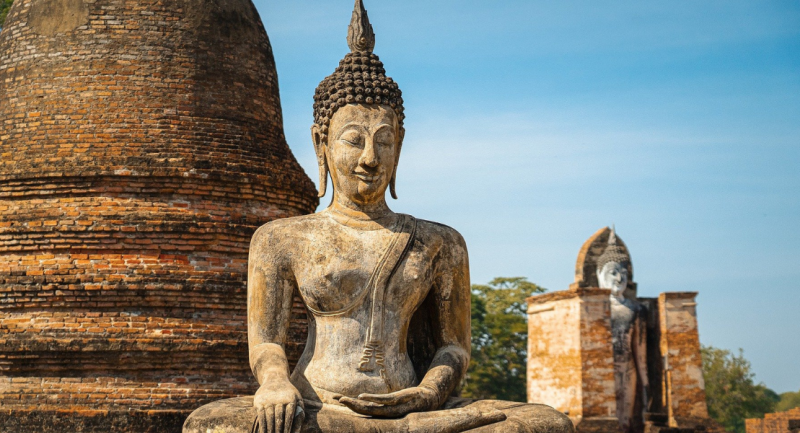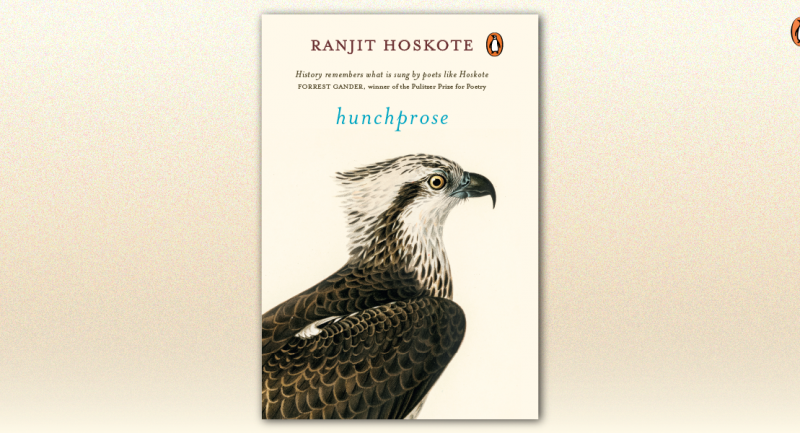
Miniya Chatterji is a prominent intellectual and speaker, writer and businesswoman. She is the CEO of Sustain Labs Paris. She has also worked at the World Economic Forum in Geneva, Goldman Sachs in London and in the office of the President of France in Paris. Her book, Indian Instincts: Essays on Freedom and Equality in India, presents an accessible yet brilliant intellectual treatise about issues that affect Indians the most. It is a must-read for anyone who wants to know what makes an Indian.
Let’s read an excerpt from this book.
—————-
The reasons for Indians living abroad are not too different from those of our domestic migrants who leave their homes. Many have migrated abroad for jobs. Approximately half of the total migrants are women who have followed such men after marriage, which is often arranged with a boy of the parents’ choice, just like mine nearly was. Indian migrants have moved to high-income countries, and, as of 2015, they are concentrated the most in the UAE, which is inhabited by around 3.5 million Indians, and in the US, where around two million Indians live. Overall, it is in search of a better life—emotionally, socially, financially—that we leave. The fact that India produces the largest number of migrants in the world, but hosts only about 5.2 million international migrants is an indicator of where migrants perceive the environment is conducive for a better life. The Middle East has offered migrants jobs, the United States has beckoned to them with its universities, and they’ve been attracted to the quality of life in Europe, Singapore and Hong Kong. But in the future, a change of political or economic scenarios in these countries could alter the factors that attract migrants to them. We are witnessing this already in Indian migration to the US, where President Donald Trump’s anti-immigration policies have resulted in Indian migrants hesitating to go to the United States since January 2017, and a larger number of Indians now seeming more likely to choose to live in Europe. In the medium to long term, the overall number of Indians moving out of India will not drastically reduce if the environment offered by the destination country is no longer attractive; they will find another destination. It will reduce only if the living conditions for Indians in India improve. Unless the fundamental reasons and situations— often exacerbated by economic and social inequality—that drive us out of India change, we will continue to find new destinations to move to. Also, a more equitable society for the boys and the girls of this land, and the rich and the poor, irrespective of caste and ethnicity, will offer a meritocratic platform for us to strengthen our roots here in India. The strength of our roots will determine our commitment and attachment to being an important stakeholder in India’s future. It will not matter then whether we leave or stay, because strong roots do not mean that the tree cannot have branches that reach out to the sky. Quite the contrary. Exploration and attachment are related, and in fact, the latter is a prerequisite for the former.
About five decades ago, researchers observed fifty infants in a situation that was new and not too frightening. In some cases, the infant’s mother was present, in others, she had left, and in yet others, she was replaced by a stranger. They found that exploration was greatest when the mother was present. Observation of young apes and monkeys and other studies of human infants in similar experiments since then have all supported the view that successful exploration takes place, ironically, when there is secure attachment. The establishment of attachment is an instinctual priority. When it is absent, the need for attachment is dominant and we engage in attachment-searching behaviour similar to that of a baby, who is likely to cry or seek its mother. When we are attached to our city or country of origin, attachment can be taken for granted. In this case, just as an infant would feel free to move out of its crib knowing the mother is always present, we feel more secure in leaving our home base to explore the new and often frightening world. Exploring other lands clearly does not just mean physically living elsewhere. It means being curious about and getting emotionally involved in those places. Strong roots in our home base liberate us to explore or engage more meaningfully with the world. Lacking this, we will move in large numbers but spend less time exploring, instead seeking the missing mother (land) anxiously in a place where she does not exist.
————-










